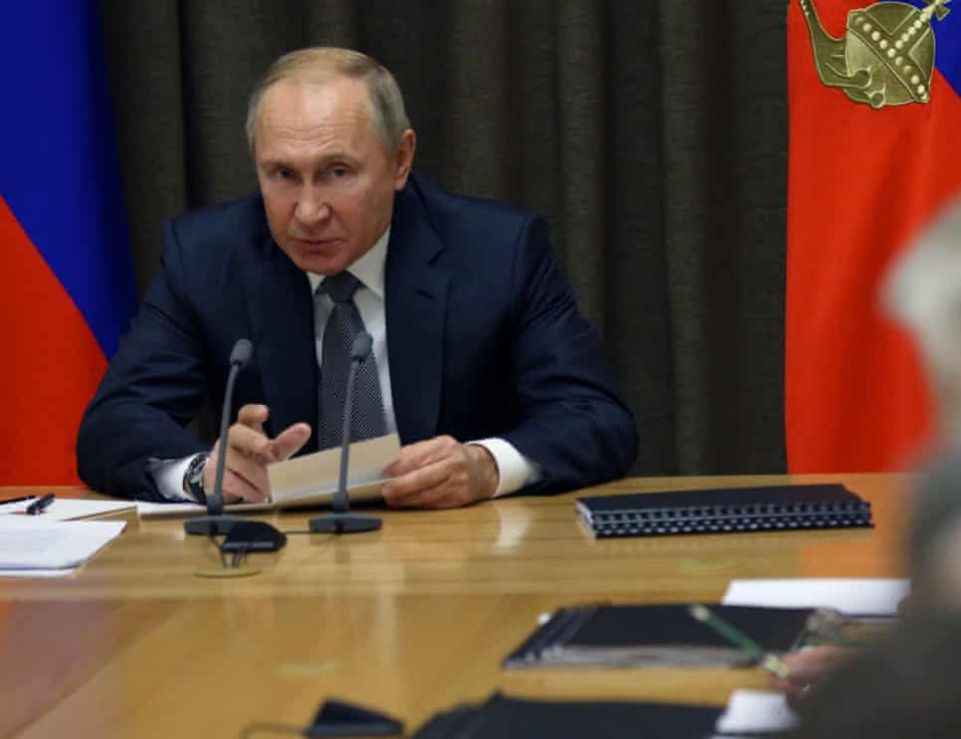
Putin approves law targeting journalists as 'foreign agents'
Move described by rights activists as scare tactic to stifle criticism of Russian government
Vladimir Putin has signed a law that will allow Russia to declare journalists and bloggers as “foreign agents” in a move critics say will allow the Kremlin to target government critics.
Under the vaguely worded law, Russians and foreigners who work with media or distribute their content and receive money from abroad would be declared foreign agents, potentially exposing journalists, their sources, or even those who share material on social networks to foreign agent status.
The move has been described by journalists and human rights activists as a scare tactic to further stem criticism of Putin’s government.
In an open letter published last week, more than 60 prominent journalists, writers and activists urged the president not to sign the law.
“‘Foreign agent’ is a persistent phrase with a sharply negative character,” the letter reads. “The label of foreign agent discredits a person in the eyes of his fellow citizens and disparages his dignity despite the fact that he has done nothing wrong or illegal and did not carry out the will of any foreign employers.”
Alexei Venediktov, the editor of the popular Echo of Moscow radio station, said the law was in part prompted by this summer’s protests, the largest in years, sparked by the state’s heavy-handed control over municipal elections.
“This is the story of a selective attack for total fear and to create obstacles for protesters, above all the media, which report on protests, using all available information,” he said in an interview with Znak.com. “This is yet another tool, it is clear, understood, demonstrated and brazen.”
Russia’s register of foreign agent media has 10 entries, all of them outlets tied to either Radio Free Europe or Voice of America, which receive funding from the US.
But Russia’s government has also harshly criticised other foreign media for reporting on the demonstrations, including suggesting it could revoke German broadcaster Deutsche Welle’s accreditation for sharing a map of the planned route for an unsanctioned protest in August.
Russia’s foreign agent law was developed after large anti-Putin protests in 2012 and has largely targeted NGOs. In November, the country’s supreme court ordered the liquidation of the veteran human rights activist Lev Ponomarev’s For Human Rights NGO, resulting in the organisation being shut down in Russia and removed from the country’s register of legal entities. It was expanded to include media in 2017.
STORY BY

Mumbai Press Club
Editor
Article posted on 05/12/2019
- Share This Story On:




